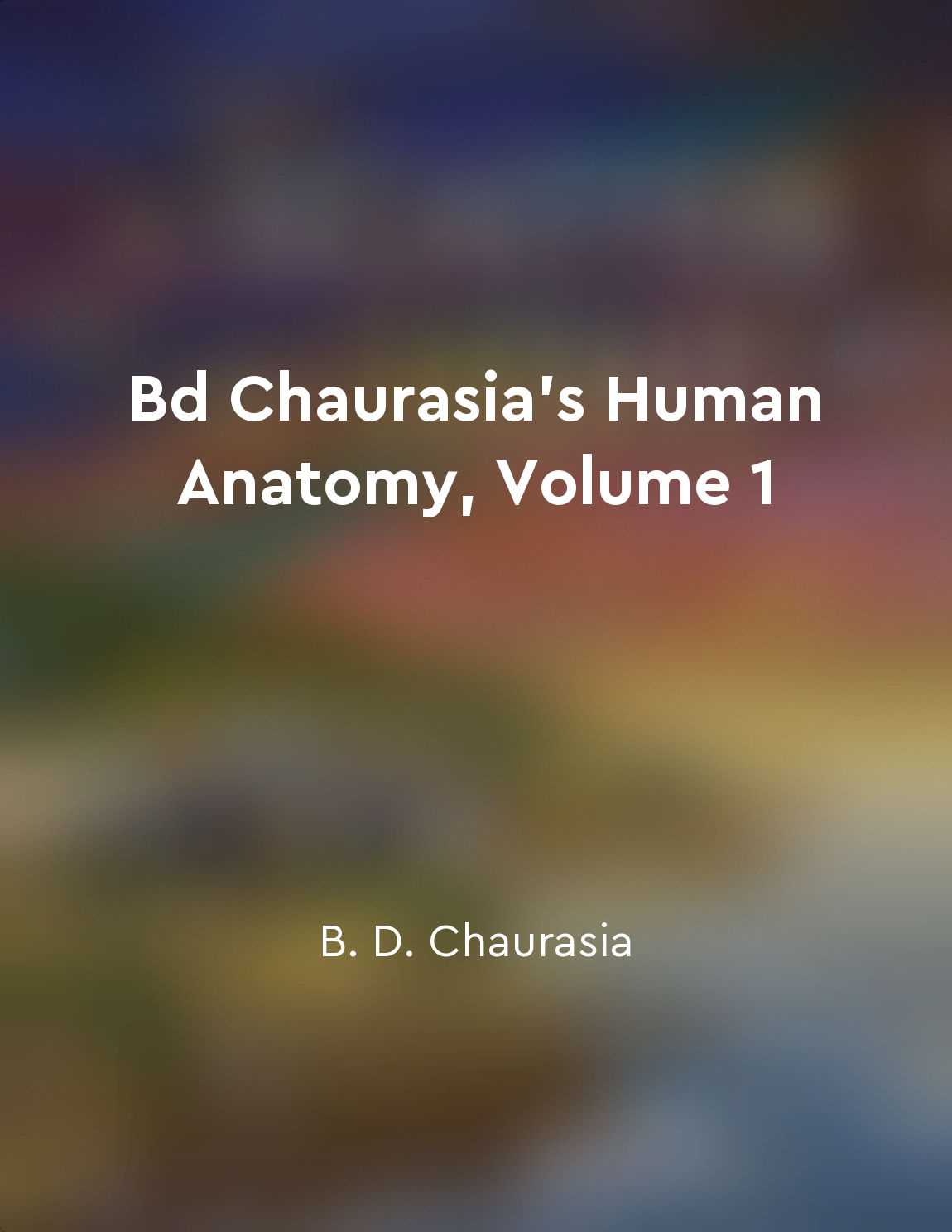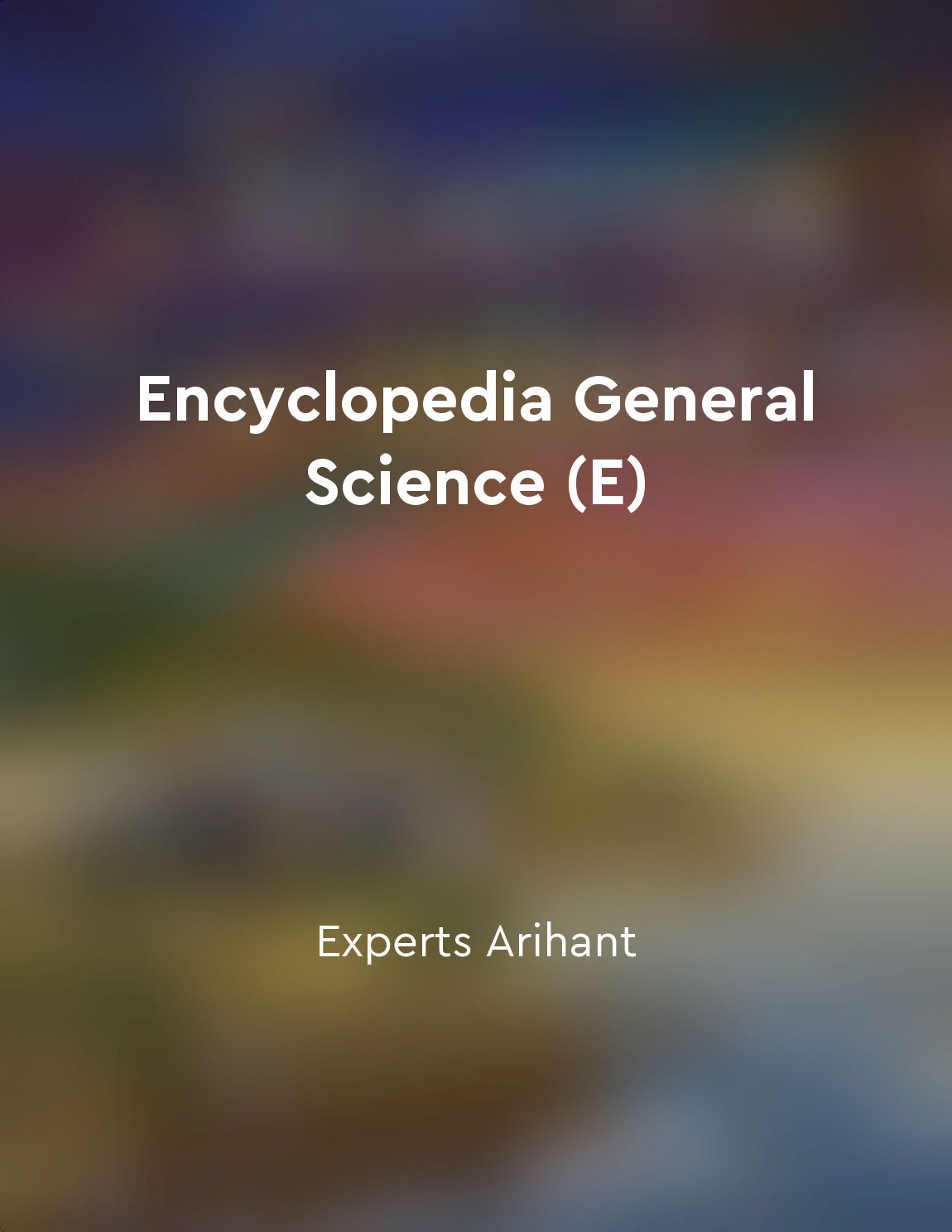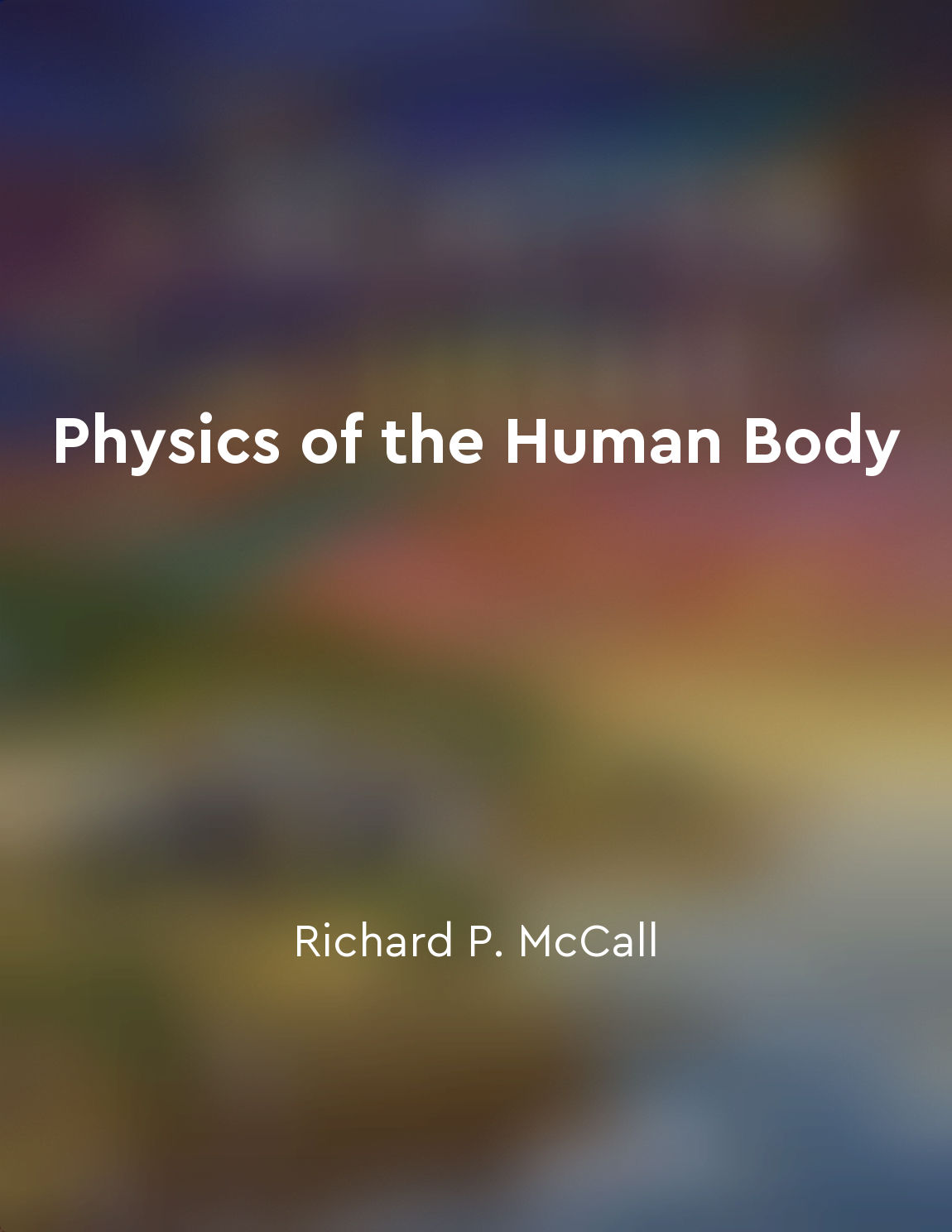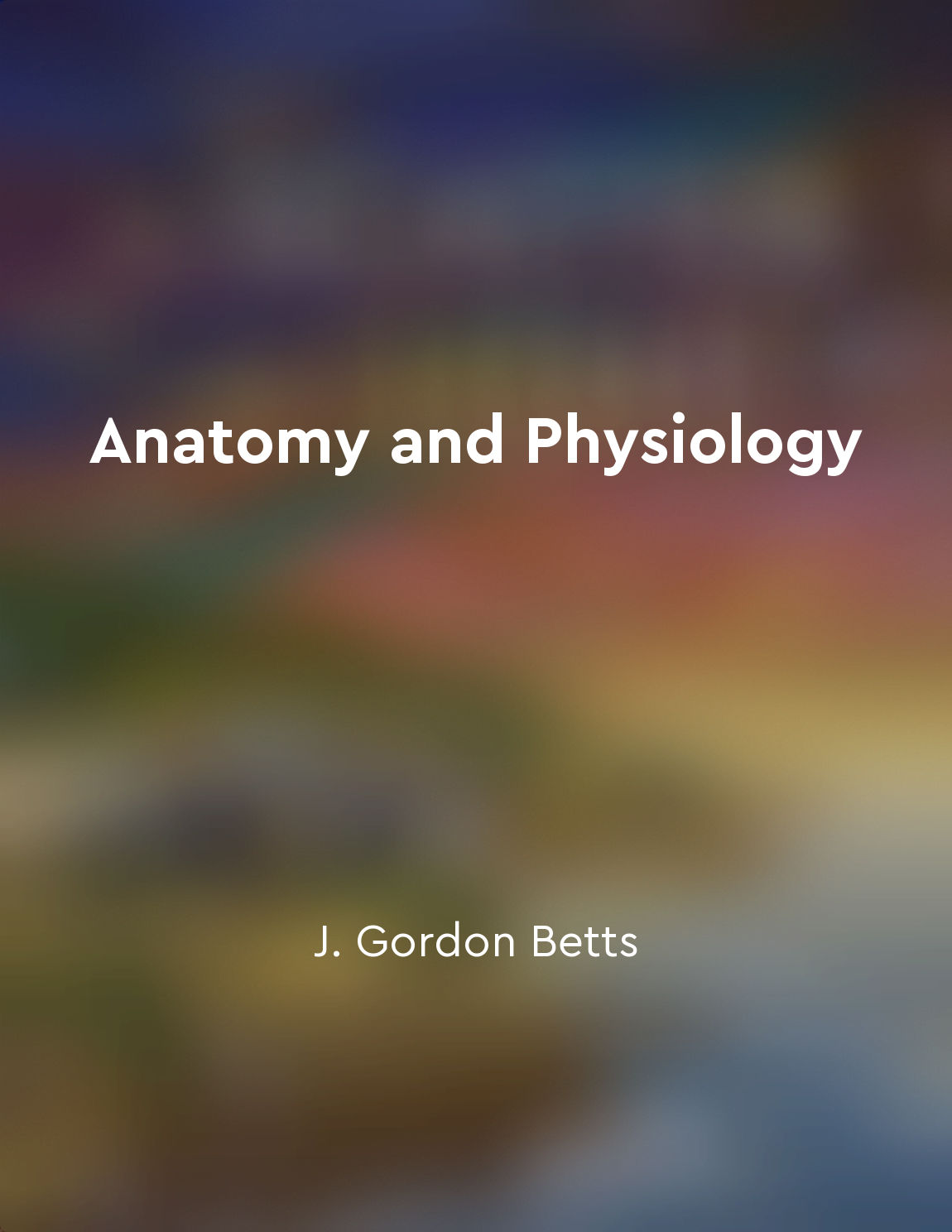Audio available in app
Organs are composed of different types of tissues from "summary" of Anatomy and Physiology by J. Gordon Betts,Peter DeSaix,Jody E. Johnson,Oksana Korol,Dean H. Kruse,Brandon Poe,James A. Wise,Mark Womble,Kelly A. Young
In the human body, organs are complex structures that perform specific functions necessary for survival. Each organ is made up of a combination of different types of tissues, each with its own unique structure and function. These tissues work together to ensure the organ can carry out its designated role effectively and efficiently. There are four main types of tissues found in organs: epithelial, connective, muscle, and nervous tissue. Epithelial tissue lines the surfaces of organs and cavities, acting as a protective barrier against external threats. Connective tissue provides support and structure to organs, holding them together and maintaining their shap...Similar Posts
Brain provides sensations
The brain plays a crucial role in providing sensations to the body. It receives information from the external environment throu...

Introduction to head and neck
The head and neck region of the human body is of utmost importance due to its vital structures and functions. The head houses t...
Our brains are limited by their physical structure
The physical structure of our brains determines our cognitive abilities. This means that our mental capacities are constrained ...

The scientific method is a systematic approach to investigation
The scientific method is a systematic approach to investigation. It is a structured way of asking questions about the natural w...
Life poses philosophical and ethical questions
The study of life – whether in its biological or ethical dimensions – is not merely an academic exercise. It is a deeply reflec...

Friction and air resistance affect motion
When an object moves through a medium such as air, it encounters two types of resistance that can impede its motion. The first ...

Childbirth is a unique experience for each individual
The process of childbirth is a highly individual experience, varying greatly from one person to another. This uniqueness is inf...
Neurons are the building blocks of the brain
Neurons, the specialized cells that make up the nervous system, are the fundamental units of the brain. These cells are respons...
Cells are fundamental units of life
Cells are fundamental units of life. They are the building blocks of all living organisms, from the simplest bacteria to the mo...

The reproductive system ensures continuity of species
The reproductive system plays a crucial role in ensuring the continuation of a species. Through the process of sexual reproduct...
